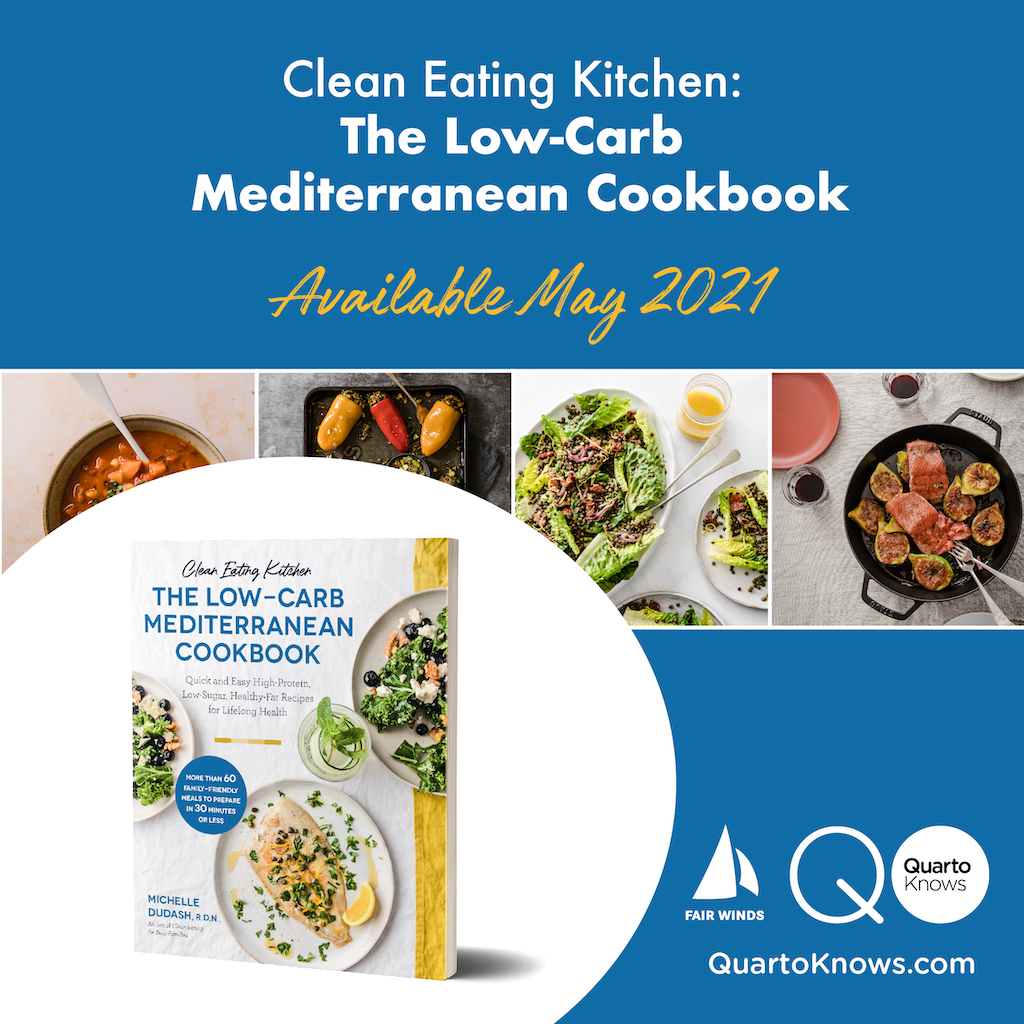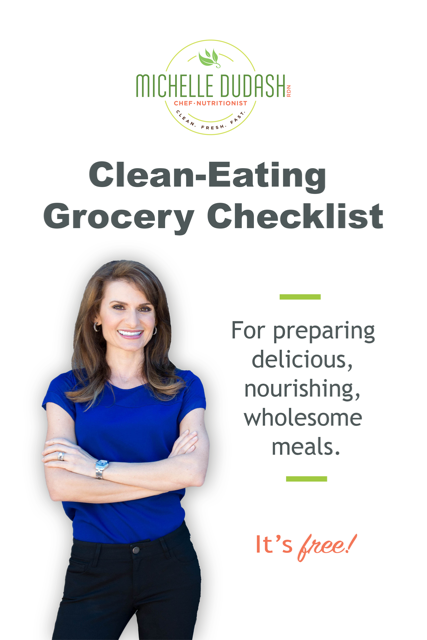How to Eat More Protein During Pregnancy

Written by Jessica Marie, RD, reviewed by Michelle Dudash, RD.
Pregnancy is the time for preparing yourself and your world for your new little one. When a new baby is on the way it seems that you need more of everything: more furniture, space, clothes, and, of course, more food.
Pregnancy is the time for preparing yourself and your world for your new little one. When a new baby is on the way it seems that you need more of everything: more furniture, space, clothes, and, of course, more food.
If you are like many women, you are secretly celebrating the idea of indulging in French fries and nightly cookies and ice cream. Eating your favorite treats occasionally is fine, but you need extra calories from important nutrients, such as protein, rather than extra sugar or fat. The majority of the extra calories needed in pregnancy should come from healthful selections, such as an extra serving of broccoli with cheese sauce at dinner or a nutritious snack or two during the day. A fruit and yogurt parfait is delicious and provides protein, calcium, and important phytonutrients.
Adequate protein is essential for healthy prenatal development. Protein is needed to form the cells that are quickly becoming your baby. Inadequate protein can cause many health problems, including low birth weight which can be linked to chronic disease later in life.
The Food and Nutrition Board of the Institute of Medicine recommends that women eat an additional 25 grams of protein per day to equal 71 grams of protein per day during pregnancy and while breastfeeding. While your prenatal vitamins cover the task of getting in more of other important nutrients, they do not contain protein. Meeting this recommendation will be easy with your food, and a little bit of planning. Check out the amount of protein packed in these tasty options:
- 1 ounce of boneless skinless chicken breast = 8 1/2 grams of protein
- 1 ounce of wild salmon = about 7 grams of protein
- 1 ounce of broiled pork tenderloin = 8 1/2 grams of protein
- Almond butter and jelly on whole wheat bread = about 10 grams of protein
- 8-ounce glass of skim milk = about 8 grams of protein
- Light string cheese = 8 grams of protein
- 6-ounce container of yogurt = at least 5 grams of protein
- 1 cup cooked black beans = 15 grams of protein
- 1 cup lentils = almost 18 grams of protein
- 1/2 cup of cooked tempeh = about 15 grams of protein
- 1/2 cup of firm tofu = almost 20 grams of protein
Pregnancy is the time when you have the most control over the nutrients your baby receives. Eating a little more of the healthful foods you already enjoy and taking your prenatal vitamins, just a few small additions, will put you well on your way to a healthy start for your little one.

 I'm a chef nutritionist, not the food police. I eat cookies but make sure to eat my broccoli too.
I'm a chef nutritionist, not the food police. I eat cookies but make sure to eat my broccoli too.

